


Mr Kwabena Mintah Akandoh, the Minister of Health has said the Ministry is prioritising Public-Private-Partnerships (PPP) and concessional financing arrangements, to attract private sector investment in diagnostics, telemedicine, and emergency medical logistics.
Additionally, fiscal incentives were being considered to encourage facilities that invest in underserved areas and rural communities, he said.
The Health Minister said under such arrangements, accredited private facilities would be eligible to provide care and assistance, with the inclusion reflecting government’s conviction that access to essential health services should be determined by quality and capacity, and not ownership.
Mr Akandoh who was represented by Dr Ernest Konadu, a representative of the Ministry, at the Fifth Annual General Conference of the Private Health Facilities Association of Ghana (PHAFoG), believed that the government’s commitment to health infrastructure and investment would ensure that private health facilities contributed directly to a more resilient and responsive national health system.
The three-day event on the theme; “Unlocking Opportunities: Leveraging Government’s Private Sector Development Policy to Boost Ghana’s Private Health Sector,” aptly reflects a great consensus that the future of healthcare in Ghana depends on deeper, structured and mutually beneficial collaboration between the public and the private sectors.
The Health Minister said the Ghana Medical Trust Fund known as the “Mahama Cares” programme was a key step towards a compassionate, incisive and inclusive national health system with the Big Push agenda for health infrastructure and investment.
He stated that the Ghana Medical Transplant was birthed by the government as a strategic instrument to support the treatment of chronic and life-threatening diseases, including cancers, renal diseases, and other non-permeable diseases that imposed devastating financial burden on patients and their families.
Mr Akandoh emphasised that under the Big Push agenda, health was being positioned as a catalyst for national transformation, and that the government was expanding infrastructure, promoting digital health innovation, and investing in the training of specialist health professionals.
He said the private health sector was seen as a group whose role remained central to the attainment of Universal Health Coverage and the realisation of national health objectives.
“We speak of a dynamic ecosystem, one in which private facilities and integrity are put next to service delivery, innovation and employment creation.
“It is for this reason that the Ministry of Health considers the private sector not as a competitor, but as a vital ally in our collective pursuit of equitable, efficient and sustainable healthcare for all,” Mr Akandoh said.
He commended the efforts of PHAFoG to the provision of quality healthcare delivery, pledged the government’s continuous support.
Dr Winfred Korletey Baah, the Registrar, Health Facilities Regulatory Authority (HeFRA) announced that a nationwide compliance initiative was currently underway, aimed at ensuring all healthcare facilities operate within the bounds of the law and understood regulatory requirements, access compliance tools, and build sustainable systems.
“Our mission is not merely to enforce compliance, but to create a level playing field, where standards are clear, patient safety is paramount, and excellence is the norm,” he said.
He explained that “The initiative comes at a time when concerns about unlicensed and substandard facilities have been on the ascendancy, stating any action by HeFRA “Is a necessary step to safeguard the integrity of our healthcare system.”
Dr Baah said beyond compliance, the initiative had broader implications for investment with international organisations, who sought partnerships and reached out to HeFRA to authenticate the regulatory status of facilities before entering such enterprises.
“When you are well-regulated, you stand a better chance of attracting foreign investment,” the official noted.
“As Ghana’s healthcare landscape evolves, our collective focus must remain on quality, equity, and sustainability,” he said.
Dr Baah advised that “Let us envision a future where compliance is not seen as a burden, but as a badge of professionalism. HeFRA is not just enforcing rules – it is laying the foundation for a safer, more accountable, and more resilient healthcare system for all Ghanaians.”
Dr Kwame Buabeng-Frimpong, the President of PHAFoG noted that with the right level of support from Government, Private Health facilities could greatly enhance the overall quality of healthcare delivery in Ghana and improve operational efficiency across the health sector.
He appealed to the Government to factor in private health facilities when embarking on its practice of posting healthcare staff, even if it required cost-sharing arrangements.
“… we are not private because we want to enrich our pockets…we are private because we believe in sacrificing our resources to complement government effort towards achievement of Universal Health Coverage,” he said.
Dr Buabeng-Frimpong said although the private health facilities continued to be essential partners in national health delivery, providing essential services to millions of Ghanaians, they were bedeviled with rising operational costs, limited access to financing, regulatory challenges, and claim reimbursement challenges.
“But deep within these challenges lie opportunities — opportunities that can be unlocked when we effectively leverage the government’s Private Sector Development Policy.”
Dr Buabeng-Frimpong emphasised the need for proactive leveraging of every element within the national Private Sector Development Policy to expand the reach and quality of private healthcare across Ghana.
The PHAFoG President said the group continued to make giant strides on health service data housed on the District Health Information System (DHIMS-2) repository, with PHAFoG consistently placing second to government-owned facilities in all 16 regions.
Dr Buabeng-Frimpong said by the close of 2024, about 17.1 per cent of the total facilities registered on the platform were those of PHAFoG, demonstrating its significant role in national healthcare delivery.
Madam Agnes Mawusi Nkansah, the Volta/Oti Regional Chairperson of PHAFoG called for mainstreaming innovation including digitisation and artificial intelligence as tool to rapidly improve the patient care, streamline services, and network to position the private health sector as the engine of growth and development.
Source: GNA
The post Ministry is prioritising PPP, financing schedules to attract investments – Akandoh appeared first on Ghana Business News.
Read Full Story

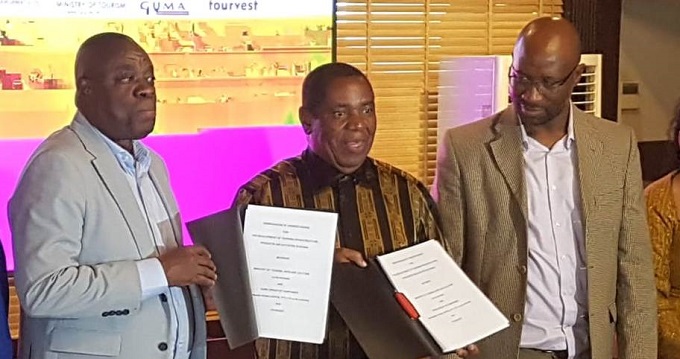

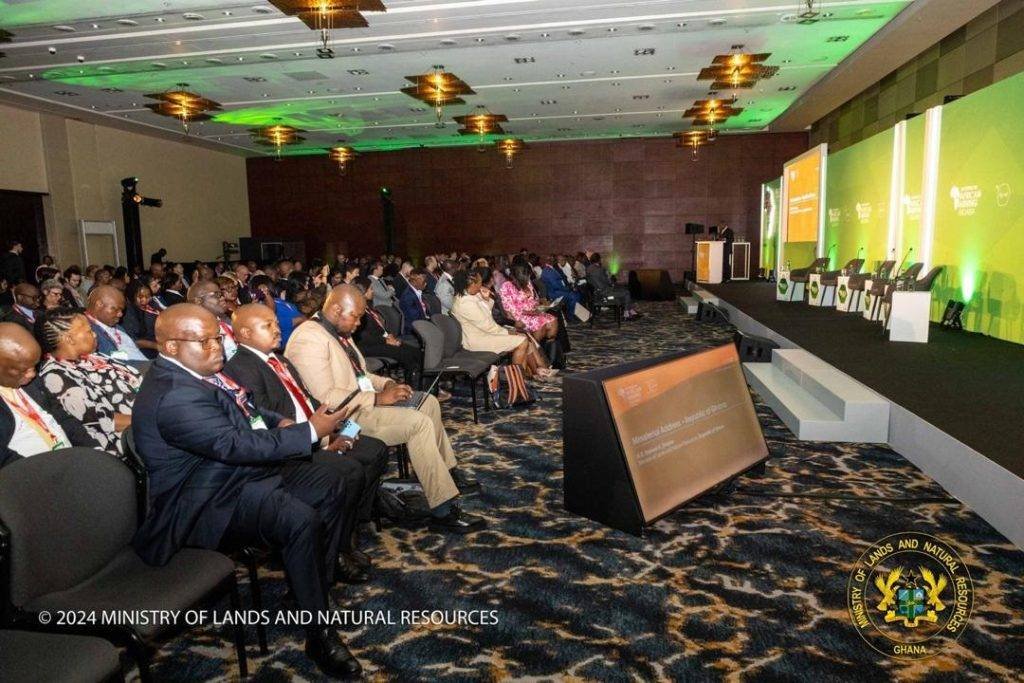
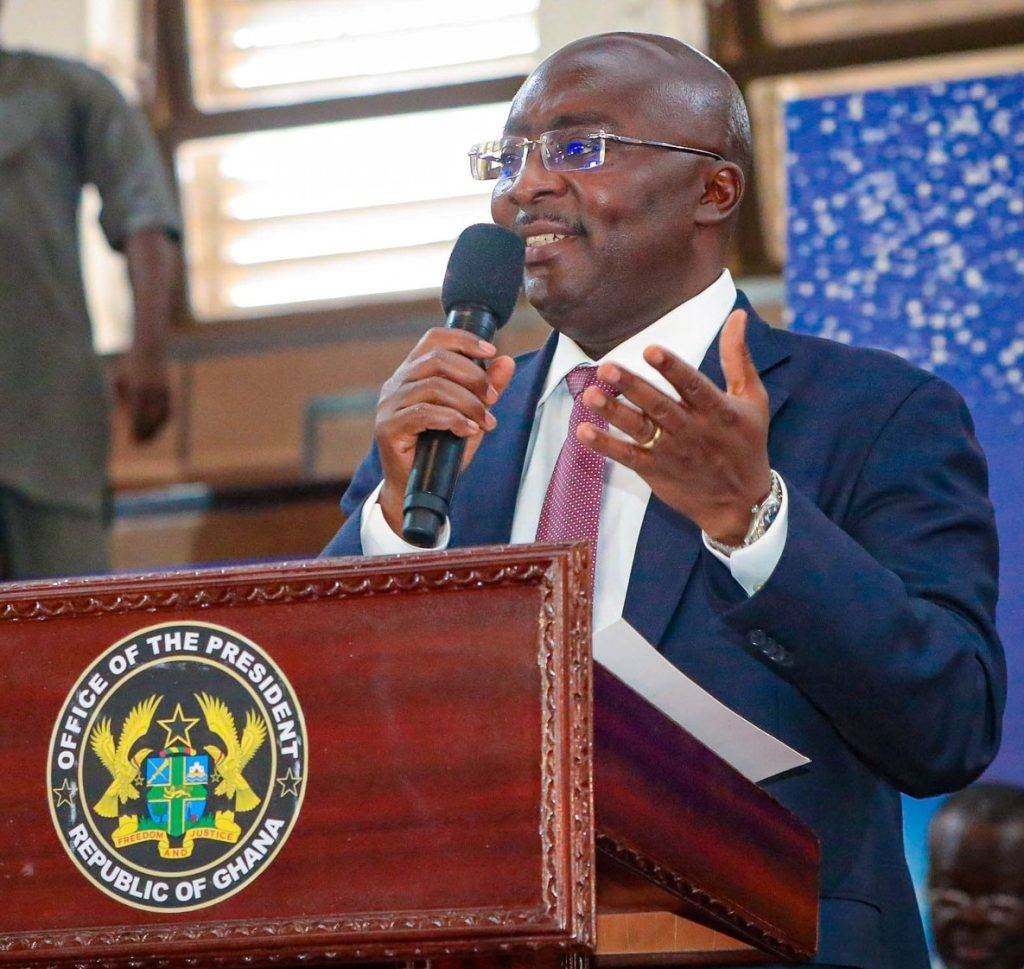


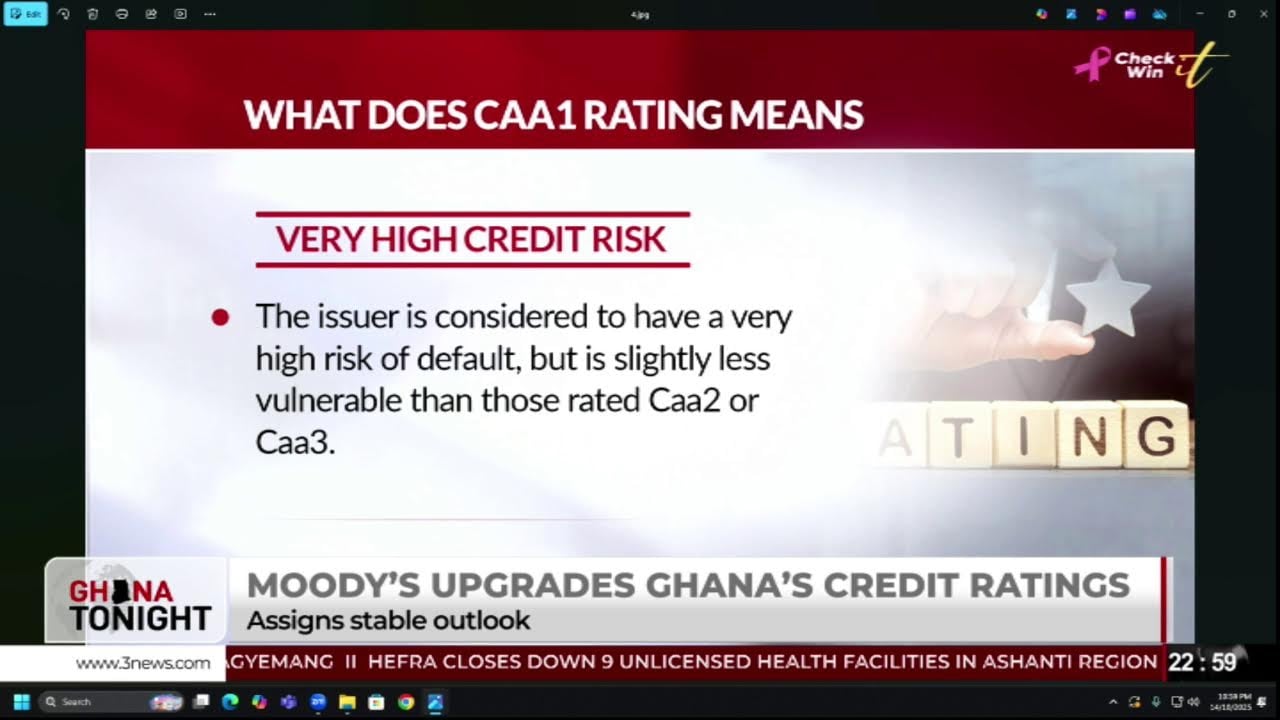






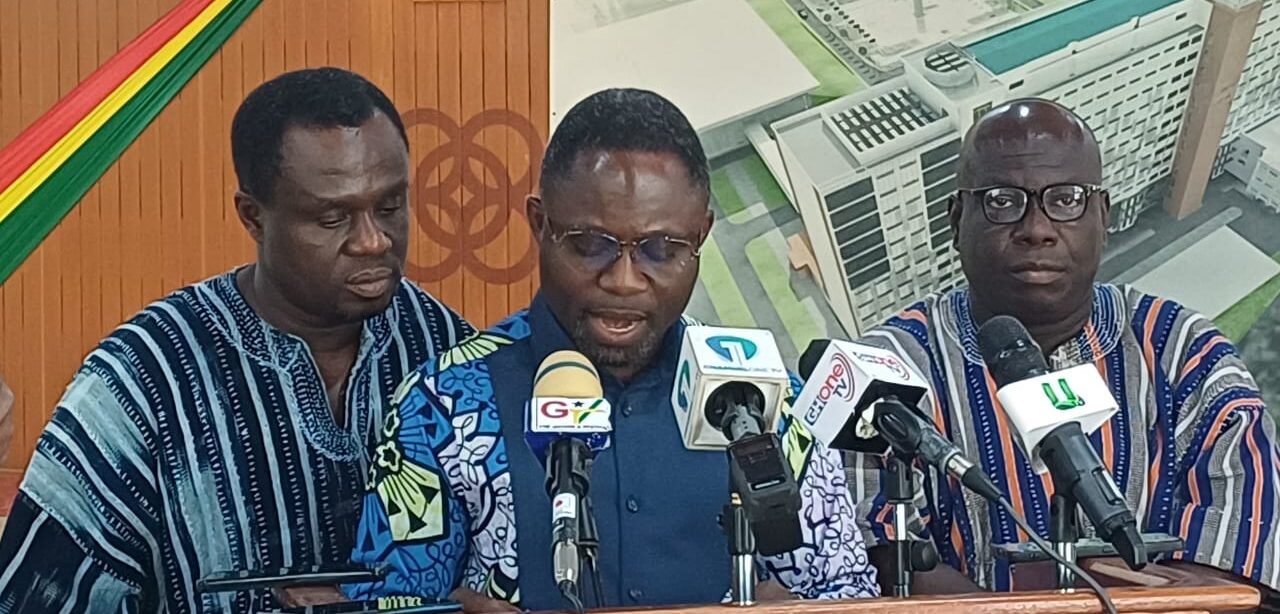




Facebook
Twitter
Pinterest
Instagram
Google+
YouTube
LinkedIn
RSS